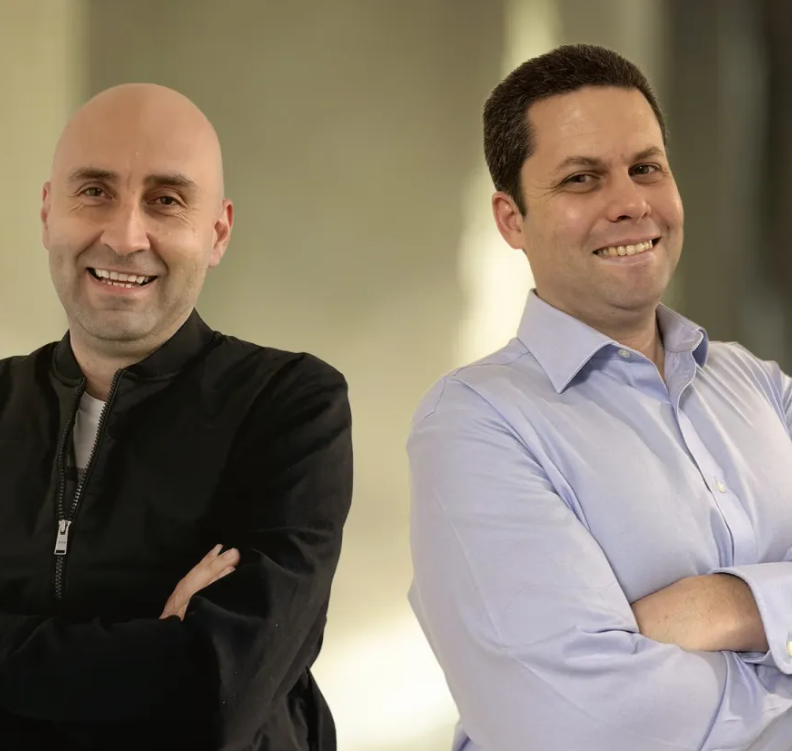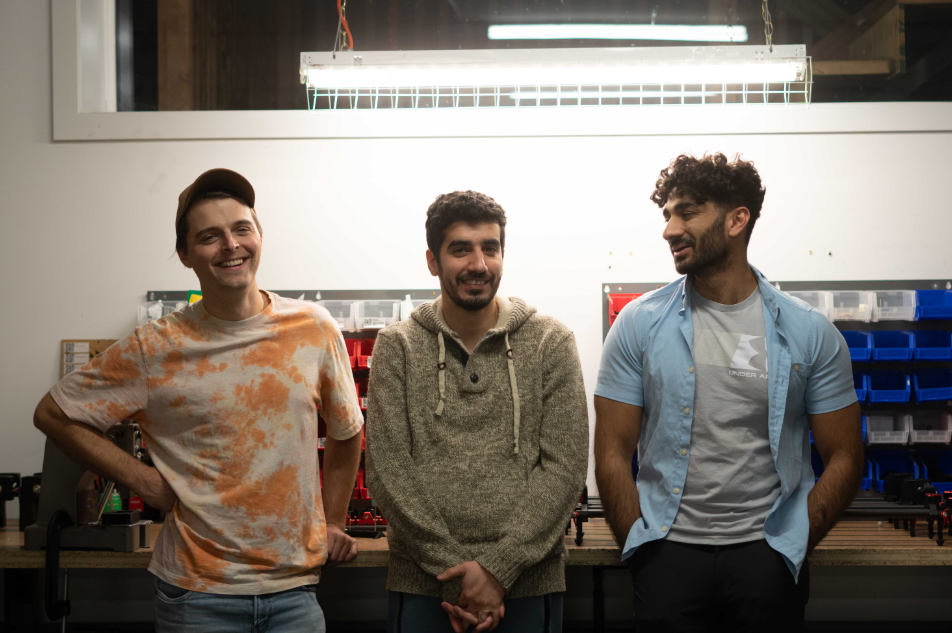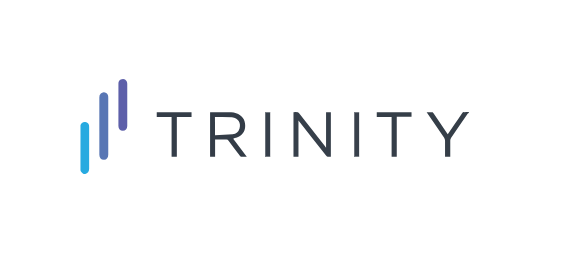Over the weekend, Sergey Brin, Google’s co-founder, “emerged from retirement”, motivated by the dynamic advancements in AI, to engage with AI enthusiasts and entrepreneurs in Hillsborough, California. At this gathering, Brin, worth about $100 billion and a significant figure in Google’s history and present, discussed AI’s exciting trajectory and its implications for Google, particularly in search and the competitive AI landscape.
Brin addressed Google’s recent missteps, notably the flawed launch of the Gemini image generator, acknowledging the challenges and the company’s commitment to resolving them. His presence and discussion on such matters mark a rare public commentary from a key executive on Google’s AI endeavors and challenges.
“We definitely messed up on the image generation,” Brin said Saturday. “I think it was mostly due to just not thorough testing. It definitely, for good reasons, upset a lot of people.”
Despite stepping down as Alphabet’s president in 2019, Brin’s involvement indicates his keen interest in AI’s potential to transform Google and other industries. He shared insights into the evolving nature of online advertising, Google’s foundational business, and expressed admiration for recent hardware advancements in virtual and augmented reality by competitors. Brin’s remarks, blending personal views and company insights, underscored the complexity and potential of AI in shaping future technologies.
Brin acknowledged that the company hasn’t completely grasped why the Gemini product tends to exhibit a left-leaning bias, emphasizing that such a bias was unintended. He revealed that recent adjustments have notably enhanced the accuracy of the product by up to 80% in some internal evaluations. However, he admitted that hallucinations, or the product’s generation of false responses, remain a significant issue. Despite this, Brin mentioned progress in reducing these inaccuracies over time, expressing hope for a major breakthrough but recognizing the importance of continued incremental improvements.
Regarding shifts in business models, Brin expressed little concern, appreciating the value Google has provided through free, world-class information search supported by advertising for over two decades. He anticipates the evolution of business models, suggesting that advertising might still play a crucial role due to AI’s potential to improve targeting.
Brin also reflected on his decision-making, particularly with Google Glass, which he now thinks should have been approached as a prototype rather than a market-ready product. Nonetheless, he remains fond of the lightweight design.
When prompted about incorporating more 3D data into Gemini, Brin humorously admitted he hadn’t considered it but saw no reason why it couldn’t be explored, indicating a possibility that it might already be in development within the Gemini project.
Featured image: Credit: Steve Jurvetson, Wikipedia






